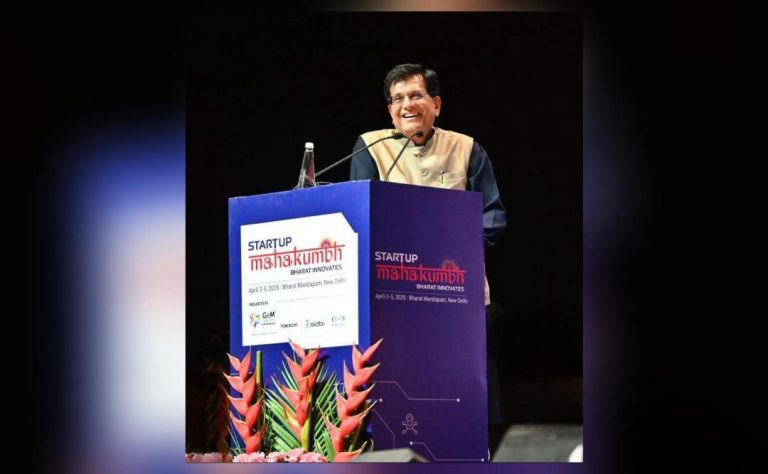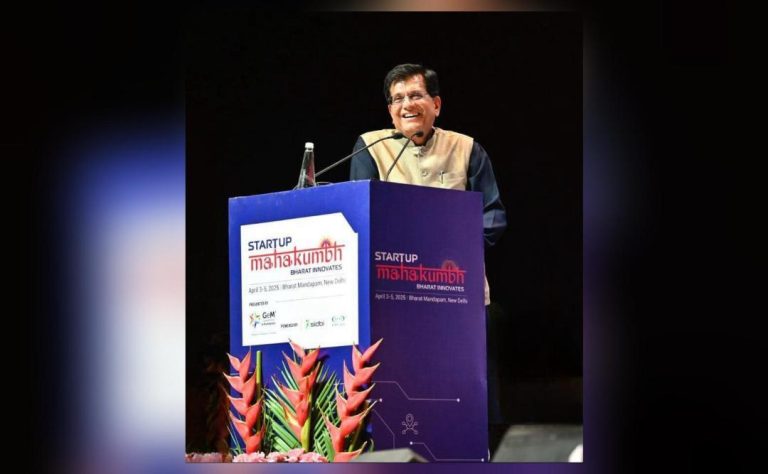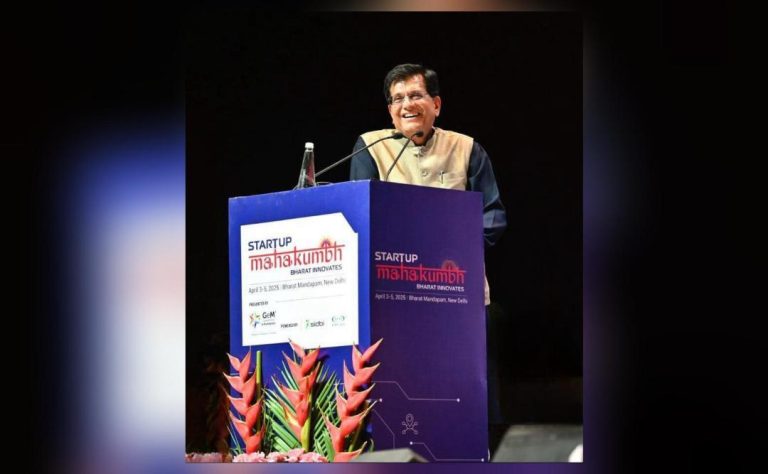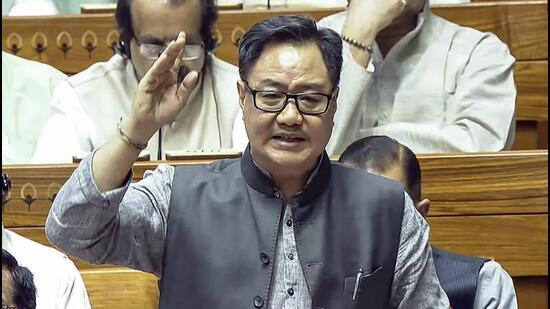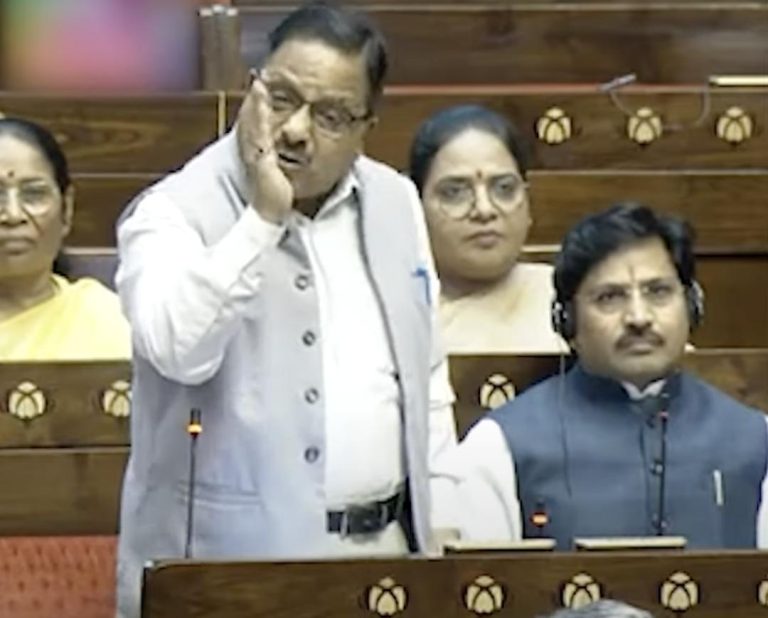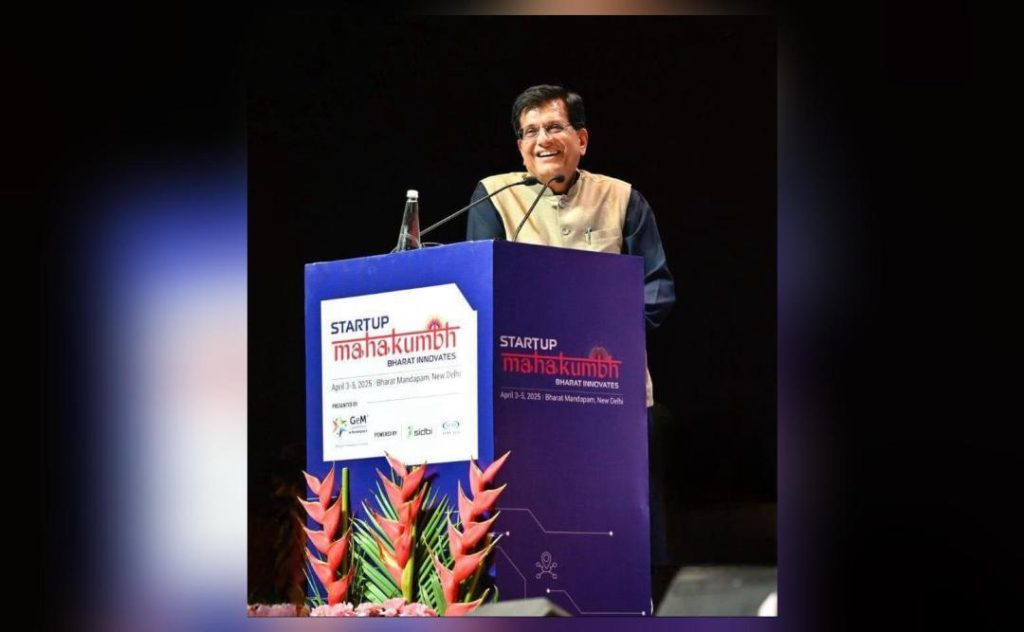
Title: Giving fancy packaging to ice-creams & cookies is not start-up: Piyush Goyal
In a recent address at Startup Mahakumbh 2025, Union Minister of Commerce and Industry Piyush Goyal emphasized the importance of distinguishing between entrepreneurship and start-ups. According to him, simply adding fancy packaging to ice-creams and cookies does not qualify as a start-up. Instead, it is a business model that requires a more comprehensive approach.
Goyal’s statement is a wake-up call for many entrepreneurs and start-ups in India, who often mistake innovative packaging or unique products with start-up status. However, a start-up is much more than just a new idea or product – it is a business model that is scalable, sustainable, and has the potential to disrupt the market.
Goyal’s comments were made in the context of the current start-up landscape in India. While India has made significant progress in terms of start-up growth, there are still many challenges to be addressed. One of the major concerns is the lack of deep-tech start-ups in India. According to Goyal, only 1,000 start-ups in India’s deep-tech space is a disturbing situation. This is a significant concern, given the importance of deep-tech start-ups in driving innovation and economic growth.
Goyal’s statement is supported by the fact that start-ups in other countries are focused on cutting-edge technologies such as artificial intelligence (AI) and 3D printing. These technologies have the potential to transform industries and create new opportunities for growth. In contrast, many start-ups in India are still focused on traditional areas such as e-commerce, food delivery, and ride-sharing. While these industries are important, they do not require the same level of technological innovation as deep-tech start-ups.
So, what does Goyal mean by “deep-tech start-ups”? According to him, deep-tech start-ups are those that focus on developing new technologies that have the potential to disrupt industries. These start-ups are often characterized by their use of advanced technologies such as AI, machine learning, and the Internet of Things (IoT). They are also often focused on solving complex problems and creating new opportunities for growth.
Goyal’s comments are a reminder that start-ups are not just about creating new products or services – they are about creating new businesses that have the potential to drive economic growth and create jobs. In order to succeed, start-ups need to focus on developing scalable and sustainable business models that can be replicated and expanded over time.
In addition to the lack of deep-tech start-ups, Goyal also highlighted the need for better infrastructure and government support for start-ups. According to him, start-ups need access to funding, talent, and mentorship in order to succeed. He also emphasized the importance of creating an ecosystem that supports start-ups, including incubators, accelerators, and venture capital firms.
Goyal’s statement is a wake-up call for many entrepreneurs and start-ups in India. It is a reminder that start-ups are not just about creating new products or services – they are about creating new businesses that have the potential to drive economic growth and create jobs. In order to succeed, start-ups need to focus on developing scalable and sustainable business models that can be replicated and expanded over time.
In conclusion, Piyush Goyal’s statement at Startup Mahakumbh 2025 is a reminder of the importance of distinguishing between entrepreneurship and start-ups. While entrepreneurship is about creating new products or services, a start-up is a business model that is scalable, sustainable, and has the potential to disrupt the market. India needs to focus on developing deep-tech start-ups that can drive innovation and economic growth, and government support and infrastructure are essential for the success of these start-ups.
Source: https://x.com/moneycontrolcom/status/1907795297826378009
